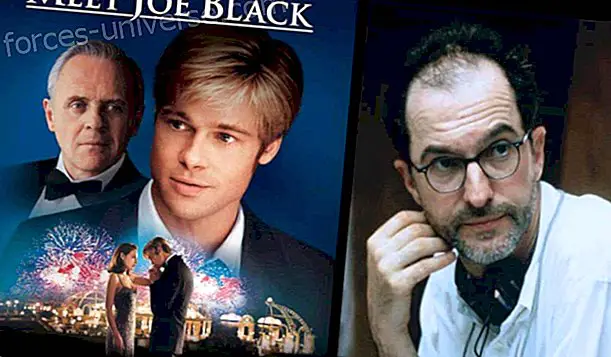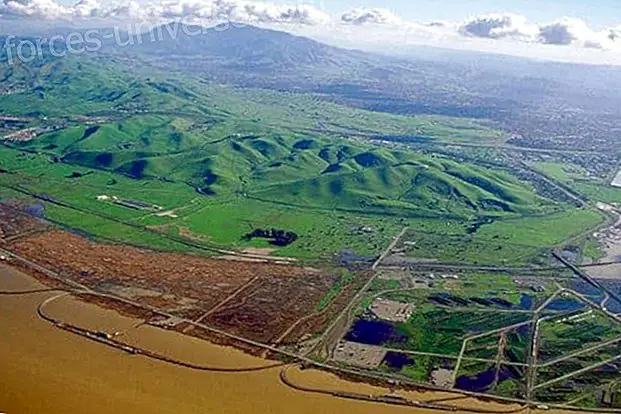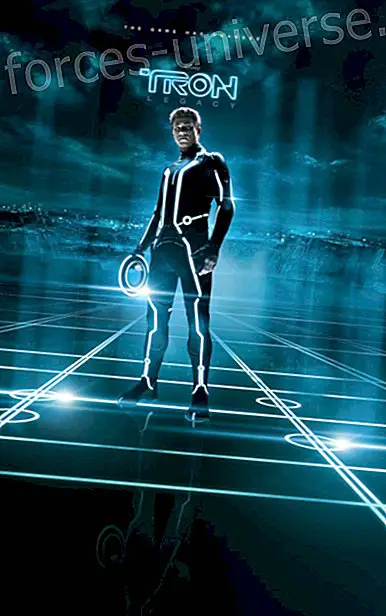Being Human: from evolution to trying to avoid extinction By Ricardo Natalichio
- 2013
Being Human: from evolution to trying to avoid extinction By Ricardo Natalichio
04/24/13
After several million years of a "natural evolution, " it could be said that with minimal environmental impact, we begin to divorce nature. During these few thousand years before us, we have quickly exerted more and more power, dominating it, adapting it to our needs, using it and modifying it. And especially since the beginning of the industrial revolution, we have gone from use to abuse.
Scientists in general usually take 65 million years ago as the starting point of human history, with the appearance of the first primates. Anyway, the last common ancestor between the human being and the chimpanzee, existed around 6 or 7 million years ago.
Although the limits are not exact, since different types of hominids have been living together for a long time, the first species of the genus Homo appeared about 2.5 million years ago and gradually dispersed throughout Africa, Europe and Asia. In his first manifestations he is known as Homo habilis, he was robust, agile, he walked upright and had the prehensile capacity of his hands developed. He knew how to use fire, but not produce it, made some tools and protected himself in caves. He lived to collect seeds, roots, fruits and occasionally ate meat.
The species that developed after this is called Homo erectus, 1.5 million years ago. He advanced to a new stage in the manufacture of tools called Achelense and learned to conserve fire. This species lasted ten times longer than the modern human being has on earth.
One or more subspecies of Homo erectus evolved to reach Homo sapiens neanderthalis (the Neanderthal man), whose oldest remains are around 250 thousand years old. The man of Neaderthal disappeared abruptly, and his place was occupied by modern men, some (just) 50 thousand years ago.
So we could say that at least for a few million years of constant evolution, except for the use of some rudimentary tools and fire management, we humans have had a behavior very similar to that of other animal species.
But in the last 35 to 50 thousand years, a short time in history, everything changed. That ability to create tools, resulted in the use of some of them as weapons, fire management also began to have new uses and then, little by little we stopped being nomads, fruit pickers and hunters, to build the first settlements, in which agriculture had a preponderant role.
It was at that stage that we probably began the path of the domain of nature, not only by using the resources that were made available to us naturally, but by modifying it for our benefit. Not only adapting, but adapting it.
The settlements were growing, agriculture was added to livestock and barter or exchange was mutating to trade. Historically there have been many different types of money, from pigs to seashells. However, the most widespread without a doubt throughout history has been gold, until about 2700 years ago, the first coins, also of that metal and silver, began to be minted, and then the first banks appeared. Until then, there was surely the ambition of power in the human being, but a new ambition, the economic one, appeared.
After several million years of a "natural evolution, " it could be said that with minimal environmental impact, we begin to divorce nature. During these few thousand years before us, we have quickly exerted more and more power, dominating it, adapting it to our needs, using it and modifying it. And especially since the beginning of the industrial revolution, we have gone from use to abuse.
Less than three centuries have been enough to place our species, like so many others, at a serious risk of extinction. The abuse that human beings are making of nature is such that we have modified the climate of the entire planet. And that in just a few seconds in terms of the history of our species.
Economic ambition brought the exacerbation of selfishness and individualism. These "new values" gave rise to the organization of society under economic systems, which have ruled for a few hundred years and to this day, the destiny of every living being on the planet.
We are socially and culturally immersed in a way of life that is centered on possession, on private property, on money. A way of life faced with nature, which degrades it by leaps and bounds and is greatly reducing the chances of survival of the next generations.
We are running out of time to change course, we are about to crash and we can hardly avoid it. There are no more options since a radical change in our way of life, especially 20 or 30% of the population of the planet, which is consuming 80% of resources.
Most of the people who belong to that 20 or 30% of which we speak, are fairly aware that we are facing an environmental crisis that can be terminal. But just being aware of the problem is obviously not enough. And that is because on the one hand they can fully satisfy all their needs, which offers them a comfort that hardly anyone would decide to leave on their own. And on the other that our societies are constituted in such a way that there are very few concrete possibilities, of living in a more harmonious way with nature, without that meaning exposing ourselves to risks of all kinds.
There are practically no options to try to keep us under the alleged (and false) security offered by the system. There are practically no plans from the governments of the world, to modify that tendency to remain inert in the face of the coming disaster. They do not arise from below, or they are not given enough space, nor economic or political support for truly revolutionary proposals and projects, which generate a profound modification of current paradigms.
Then, put between the sword and the wall, sooner rather than later, we will have to choose. Time has passed to stay still, waiting for magical solutions. A new era must begin very soon, founded on the reconciliation of the human being with nature and a radical change in the values that exacerbates this system, towards cooperation, solidarity, ethics and so many others that we have postponed as a species.
A new era must be imposed, if we really decide to avoid extinction.
Source: http: //www.ecoportal.net/Temas_Especiales/Politica/Ser_Humano_de_la_evolucion_a_intentar_evitar_la_extincion







